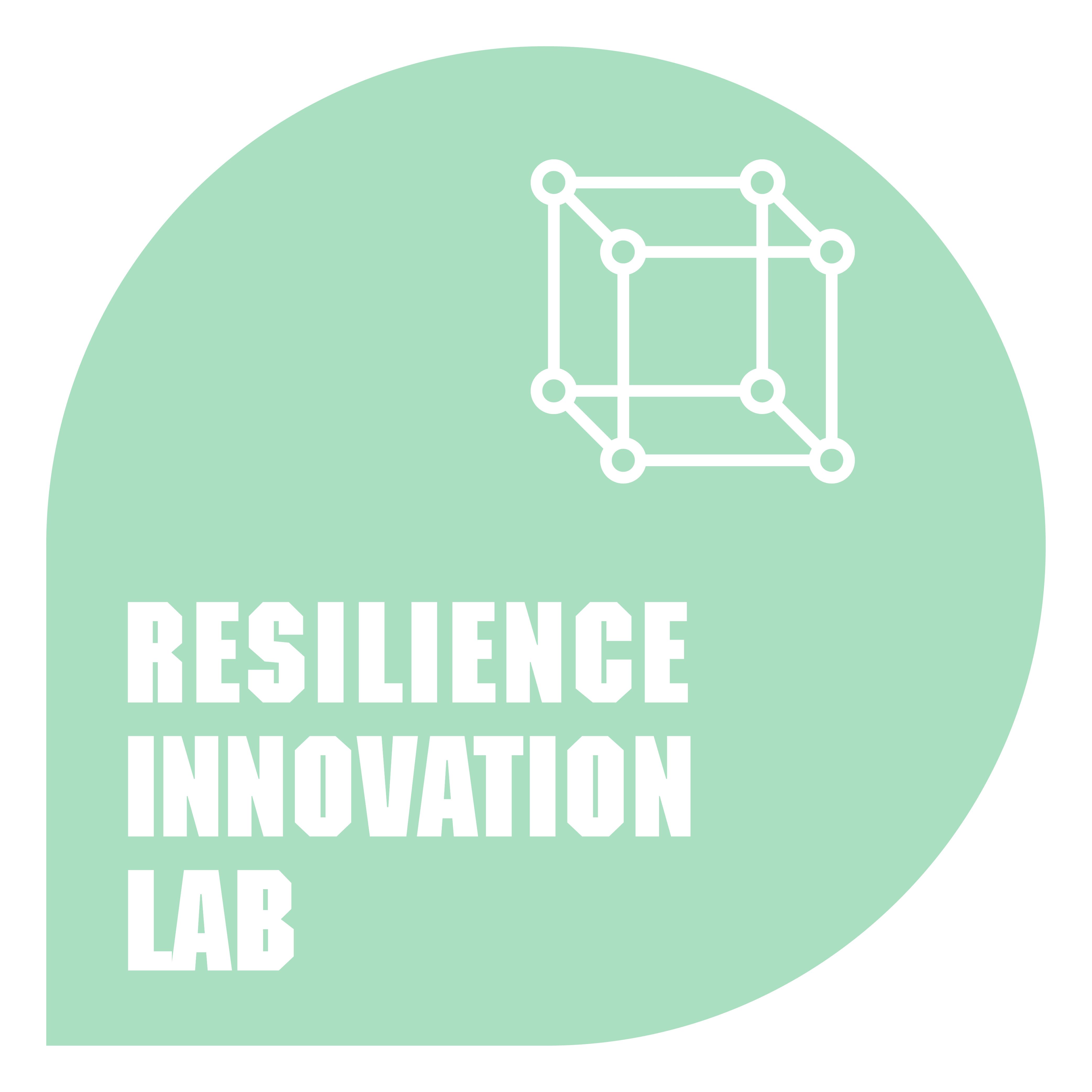The decentralized nature of Web3 holds immense promise for human rights advocacy and documentation. Here are several ways in which this revolutionary technology can make a difference:
1. Protecting Privacy: Web3 applications prioritize user privacy, ensuring that sensitive information remains secure and inaccessible to unauthorized entities. This is particularly crucial for activists, journalists, and individuals living in repressive regimes, allowing them to communicate and collaborate without fear of surveillance or persecution.
2. Censorship Resistance: Decentralized platforms powered by Web3 technology are resistant to censorship attempts. In countries where freedom of speech is under threat, these platforms provide a safe haven for individuals to express their opinions and share information without fear of being silenced.
3. Secure Fundraising and Donations: Blockchain-based cryptocurrencies facilitate transparent and traceable financial transactions. Human rights organizations can leverage these technologies to receive donations securely, ensuring that funds are used for their intended purposes and providing donors with full transparency.
4. Ensuring Data Integrity: Web3’s immutability ensures the integrity of data. Documentation of human rights violations, legal records, and evidence can be securely stored on the blockchain, preventing tampering and preserving crucial information for advocacy efforts and legal proceedings.
5. Digital Identity and Inclusivity: Web3 allows individuals to have full control over their digital identities, enabling inclusivity and empowering marginalized communities. This is especially relevant for refugees, stateless individuals, and those without access to traditional identification documents, allowing them to participate fully in society and access essential services.
6. Empowering Decentralized Autonomous Organizations (DAOs): DAOs are entities governed by smart contracts and blockchain technology, enabling decentralized decision-making processes. Human rights organizations can benefit from the transparency and efficiency of DAOs, fostering collaborative efforts and empowering activists and supporters to contribute directly to advocacy initiatives.
Web3的去中心化特性為人權倡導和記錄提供了巨大的希望。以下是這項革命性技術可以帶來的好處:
1/保護隱私:Web3應用程序優先考慮用戶隱私,確保敏感信息保持安全,不被未授權實體訪問。這對於活動家、記者和生活在壓迫性政權下的個體尤其關鍵,允許他們無需擔心監視或迫害地進行溝通和合作。
2/抵制審查:由Web3技術支持的去中心化平台能抵抗審查嘗試。在言論自由受到威脅的國家,這些平台為個人提供了一個安全的避風港,以便他們無畏地表達觀點和分享信息。
3/安全籌款和捐贈:基於區塊鏈的加密貨幣促進透明且可追蹤的金融交易。人權組織可以利用這些技術安全地接受捐款,確保資金被用於既定目的,並為捐贈者提供完全的透明度。
4/確保數據完整性:Web3的不可變性確保了數據的完整性。人權侵犯的記錄、法律記錄和證據可以安全地存儲在區塊鏈上,防止篡改,並為倡導努力和法律程序保存關鍵信息。
5/數字身份和包容性:Web3允許個體完全控制他們的數字身份,實現包容性並賦能邊緣化社區。這對於難民、無國籍人士和那些無法獲得傳統身份證件的人尤其相關,使他們能夠完全參與社會並獲得基本服務。
6/授權去中心化自治組織(DAOs):DAOs是由智能合約和區塊鏈技術管理的實體,使去中心化的決策過程成為可能。人權組織可以從DAOs的透明度和效率中受益,促進合作努力並賦能活動家和支持者直接貢獻於倡導計劃。

Comments are closed